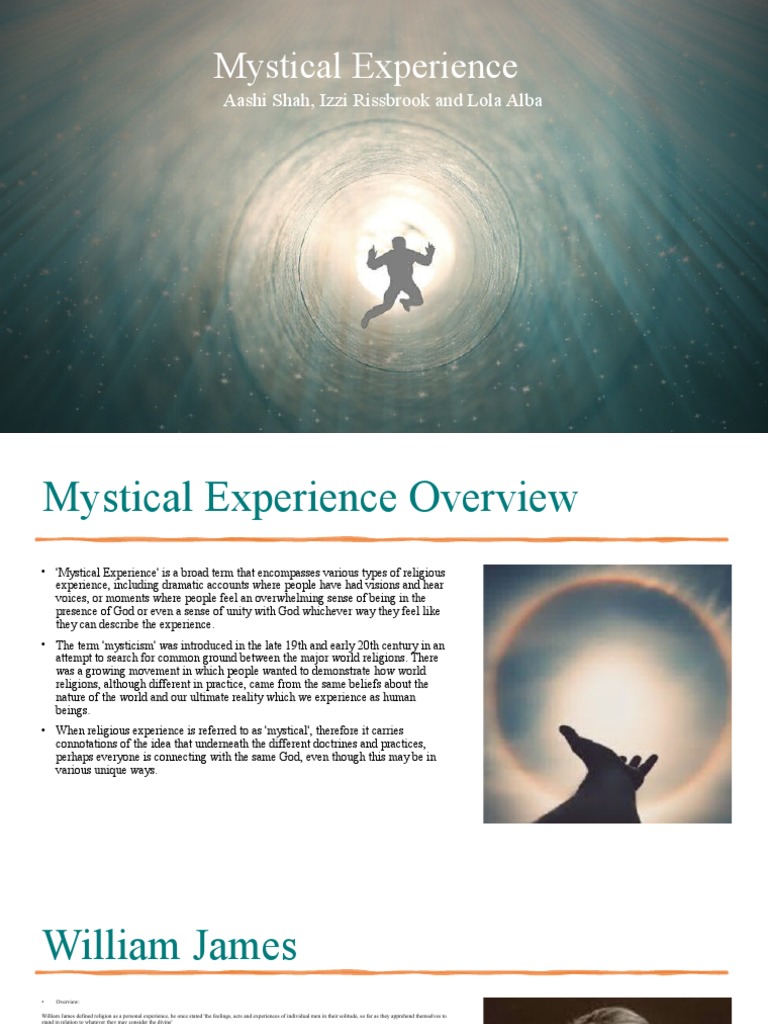In the vast tapestry of human spirituality, the Bahá’í faith emerges as a radiant thread, weaving together the influence of diverse cultures and philosophies. Central to its teachings is the notion of mystical experiences—a profound recognition of the divine that transcends the mundane confines of everyday existence. The quest for belief through these encounters invites adherents to explore an inner landscape that transcends traditional boundaries, offering profound insights into the nature of reality and the purpose of life.
At the heart of Bahá’í teachings lies the principle of unity. This doctrine not only promotes harmony among different religions and cultures but also beckons individuals to embark on a personal journey of discovery through mystical experiences. These experiences serve as bridges connecting the finite with the infinite, imbuing everyday life with a sense of meaning and interconnectedness. As one delves deeper into these teachings, the concept of the “soul’s journey” unfolds—a poetic metaphor that illustrates the transformative power of belief and understanding.
Consider the soul as a celestial traveler, navigating the cosmos of human experience. Each mystical experience encountered is akin to a star in the night sky, illuminating the darkness of ignorance and doubt. The Bahá’í faith posits that these encounters can manifest through various forms—meditation, prayer, and even acts of service—each offering a unique lens through which one can perceive the divine. This perspective encourages a dynamic interaction between the seeker and the universe, fostering a reciprocal relationship that is intrinsically rewarding.
To elucidate this process, it is essential to comprehend the role of meditation and prayer in the realm of Bahá’í spirituality. These practices are not merely rituals; rather, they are gateways to a deeper understanding of the self and the divine. Engaging in contemplative prayer can evoke a sense of tranquility, providing clarity amidst the chaos of contemporary life. Like a calming oasis in a desert of turmoil, these moments of introspection cultivate an environment ripe for mystical experiences. Within this sacred space, seekers often report feelings of profound insight, connection, and transcendence, allowing them to glimpse the divine order that underpins existence.
The Bahá’í writings suggest that mystical experiences are delineated by an expansion of consciousness—a metaphorical awakening that reveals the interconnectedness of all beings. As one traverses this path, the difference between the self and the Universe begins to dissolve, much like fog dissipating in the morning sun. This dissolution is pivotal; it prompts individuals to reassess their beliefs and priorities, often leading to a reevaluation of their relationships with others and the world around them.
Moreover, these experiences manifest a deeper understanding of love—an essential tenet of the Bahá’í faith. Love is portrayed not only as an emotion but as a fundamental force that animates the universe. To experience divine love is to touch the essence of creation, to recognize the divinity that resides within oneself and in all humanity. This perspective elevates interpersonal connections, fostering empathy and compassion that is vital for communal harmony. The mystical experience thus becomes a catalyst for social action, urging individuals to transform emotional encounters into tangible acts of service and kindness.
A critical component of the Bahá’í approach lies in the recognition of the universality of mystical experiences. While each individual’s journey is unique, the shared essence of these encounters underscores a collective aspiration toward enlightenment. The metaphor of a river, flowing through diverse landscapes yet originating from the same source, exemplifies this interconnectedness. Bahá’ís believe that those who embark upon this journey will ultimately arrive at the same spiritual destination—an acknowledgment of humanity’s shared heritage and destiny.
Further enriching this discourse is the notion of the manifestation of God—a central theme in Bahá’í teachings. The concept posits that divine guidance is revealed through various prophets and spiritual leaders throughout history, including Bahá’u’lláh, the founder of the faith. Each manifestation serves as a beacon, illuminating the path for seekers and providing the tools necessary to engage in a mystical journey. Understanding the teachings of these figures can profoundly shape the individual’s belief system, guiding them through the labyrinth of existence toward enlightenment.
In the context of contemporary society, the appeal of mystical experiences is particularly resonant. As individuals confront the challenges posed by materialism, globalization, and existential doubt, the yearning for authentic spiritual encounters becomes increasingly pronounced. The Bahá’í faith offers a viable path, one that champions renewal through individual and communal experiences. In doing so, it fosters an atmosphere conducive to profound reflection, allowing believers to articulate their convictions and fears, ultimately leading to personal growth.
In conclusion, the Bahá’í teachings illuminate the path to finding belief through mystical experiences, inviting individuals to embark on an odyssey that transcends the limitations of the material world. By embracing the interconnectedness of existence, engaging in contemplative practices, and nurturing a spirit of love and service, one discovers a vibrant tapestry woven with meaning and purpose. The journey, though deeply personal, is inherently collective—a shared aspiration for truth, connection, and ultimately, enlightenment. Through the lens of Bhá’í spirituality, life transforms into a magnificent quest, a continuous interplay of the seen and the unseen, beckoning all towards the divine.”
